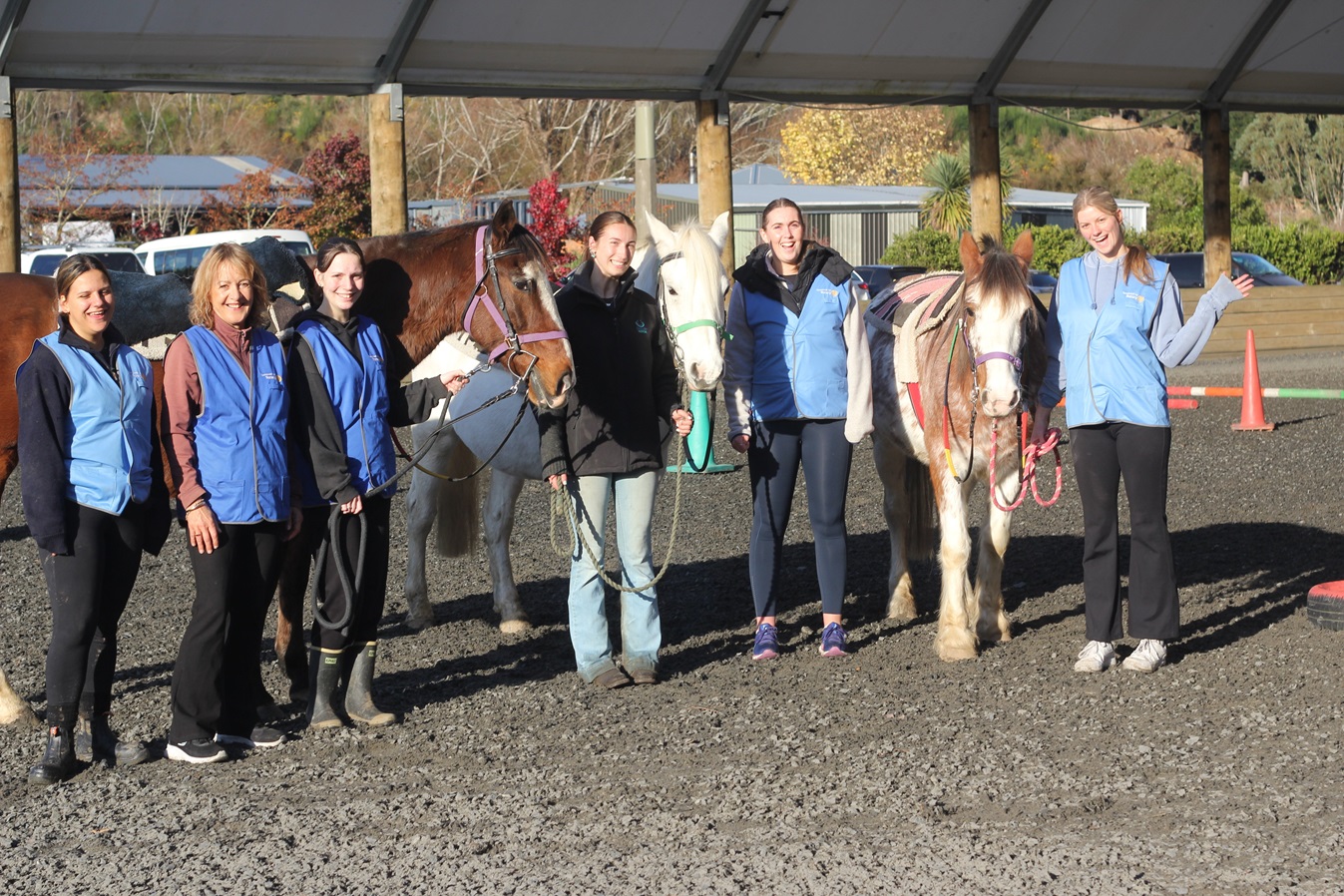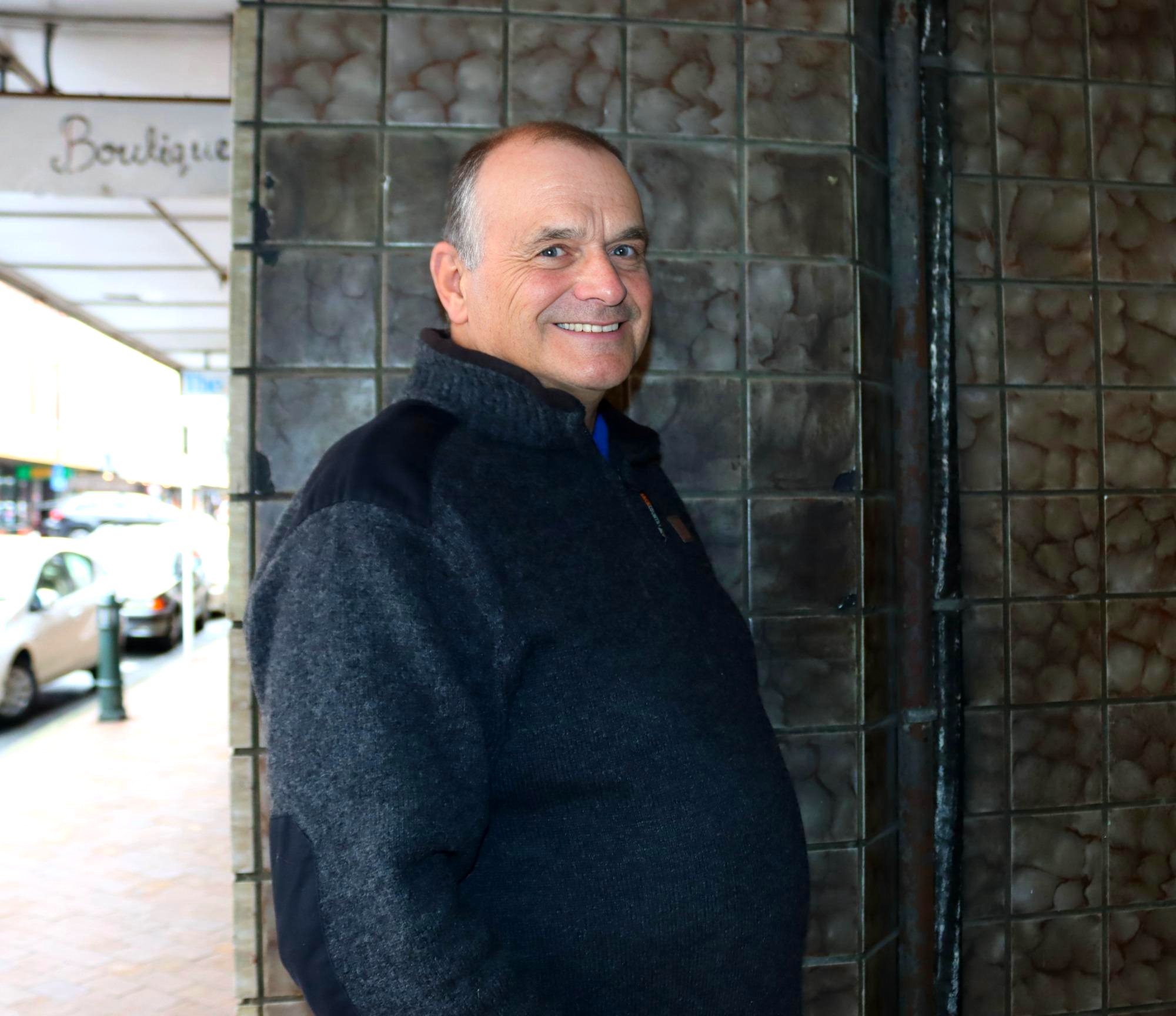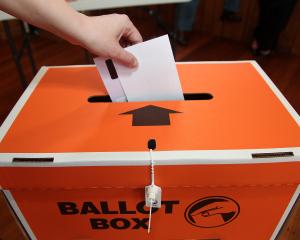
President Grant Shackell said people using the therapeutic riding service experienced a range of challenges, including Down syndrome, autism and other neurodiverse conditions, communication difficulties, emotional or psychological needs or physical disabilities such as wheelchair use.
The charity supported about 40 riders, but another 40 sat on a waiting list because there were not enough hands to lead horses, walk beside riders or feed and rug the nine resident mounts.
Prospective volunteers completed an online application and police check before an on-site induction.
"All the training is done for you," Mr Shackell said.
Further tuition was available through online modules offered by the national body, New Zealand Riding for the Disabled.
"But you also get access to training days at the facility as well."
Session volunteers must be fit enough to walk beside horses and sometimes support riders with low muscle tone.
Each session required about six to eight volunteers, supported by a certified coach.
Rider sessions took place at the organisation’s Fairfield site, mostly in its large covered arena.
Activities were laid out for each rider session such as steering horses over or around obstacles.
"It might be stopping at a barrel and picking something up and dropping it into something, depending on what they want."
Coaches worked with volunteers to make sure they were working to achieve the set goals of each individual rider, Mr Shackell said.
New volunteers were always paired with an experienced colleague familiar with the horses and riders.

The role provided a sense of fulfilment and satisfaction, even though the rewards were intrinsic, Mr Shackell said.
"We have some riders who are non-verbal and don’t really interact with you at all.
"But even [with] those riders, you see a smile on their faces and you know that they are in a comfortable place and something nice is happening.
"The reward isn’t necessarily coming back to you — the reward is seeing what you’ve done."
Volunteers often made friends with fellow volunteers and coaches.
"There is quite a camaraderie between volunteers because they are usually there on the same day, so they get to know each other.
"There are some quite strong friendships that occur."
In addition to session volunteers, the organisation needed horse-care volunteers before and after riding sessions to feed the animals, fit rugs or nose shades and carry out cleaning tasks such as mucking out paddocks.
These volunteers were needed daily for two shifts of about 90 minutes, beginning about 8am and 4.30pm.
"It would also be lovely if we had volunteers who would help look after the facilities as well.
"Because we have got a big facility here, there is a lot of maintenance and those sorts of things."
Prospective volunteers can learn more and apply at rdadunedin.org then clicking the volunteer tab.














